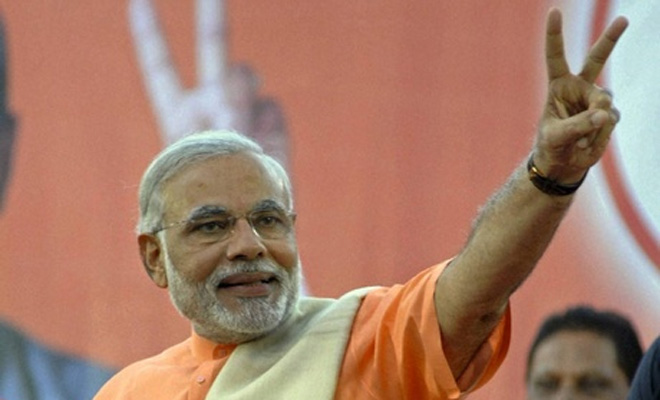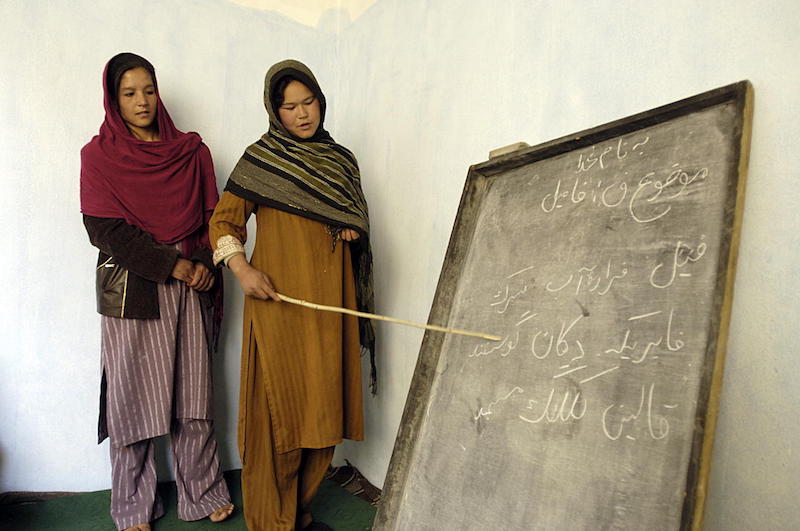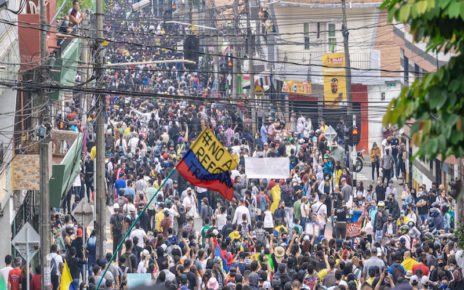Recently Washington pundits were speculating that despite his controversies Edward Snowden would be a likely recipient of this year’s Nobel Peace Prize. Now, while the award deservingly or critically, depending on who you ask, went to Malala Yousafzai and Kailash Satyarthi, the fact that a controversial figure like Snowden was even in the discussion underscores the significance that, love him or hate him, he blew open the doors of the Surveillance State. By doing so he has forced global discussion on what it means to be constantly monitored by intrinsically secretive institutions.
The commonly trotted out notion that the only people who should be concerned about surveillance are criminals or terrorists is an idea that is incorrect to the core, yet has been the publicly acknowledged logic to support these programs for years. Despite the recently revealed routine practice of intercepting sexually explicit content from American’s private correspondence, the position that privacy is inherently valuable and should be protected has yet to gain meaningful traction amongst policy makers. While it is possible that criminals and terrorists arguably have less space to operate when they are being monitored, the reality is that mass surveillance programs like those currently employed by the United States problematically monitor the every day lives of innocent Americans as much as they police harmful behaviour.
The blanket surveillance of a society in the name of protecting those very same people doesn’t actually address the root causes of the behaviour they are supposedly attempting to stop. As much as the intention of these programs can be to stop crime and protect innocent citizens, these agencies have gained tremendous power by monopolizing the ability to know the intimate details of a person’s life regardless of any suspicion, linkage, or proof of their involvement in illegal, dangerous, or otherwise undesirable behaviour.
Western democracies have founded their judicial systems on the belief that a person should be presumed innocent until proven guilty. This belief that many Canadian, American, and European people hold sacred has been totally flipped within the security landscape. In the name of securing the safety of citizens, the goal of security agencies has become to intercept threats before they can do damage. By monitoring the communications of law-abiding citizens, and in some cases attempting to convince them to commit an attack by providing the means, plan, and opportunity, these security organizations have fundamentally undermined their legitimacy as well as the guaranteed rights that underpin the democratic institutions.
Unfortunately, criticisms of these widely documented practices have fallen on either deaf or apathetic ears. Dissenting opinions were deemed traitorous by George W. Bush with his now infamous statement, “you are either with us, or you are with the terrorists. ” While there have been plenty of critiques of Bush and his repositioning of America’s foreign and domestic policies, the echoes of his statement are still heard today.

The space for dissent should therefore not be understood as harmful to the stability of the State. Rather, the stability of the State is contingent on the collective support of it, and it has been demonstrated time and time and time again that discouraging dissent leads to disunity. To be clear, I’m not advocating for the total abandonment of surveillance, as it is understood that the ability to use technology to assist criminal investigations can be helpful. However, what I am suggesting is that the nature of the mass surveillance programs currently utilized have created an environment that is ripe for abuse considering their immense power and arguable invisibility.
For example, the Obama administration has dramatically, yet quietly, increased the number of people on the ‘Terrorist Screening Database’, a watch list of suspected terrorists, from the all time high of 47,000 under George W. Bush to a now staggering 680,000. Yet, 40% of the people on this list have “no recognized terrorist organization affiliation,” suggesting that the agencies responsible for compiling this list are either more interested in padding their numbers as opposed to actually apprehending threats, or they are simply casting as large a net as possible because they don’t know what else to do. However, by rapidly expanding the scope of who is potentially dangerous, logically an increased amount of resources are devoted to people who are not genuine threats. The effect of which is that fewer resources are at the disposal to actually intercept legitimate threats, increasing the likelihood of a successful attack to occur.
It is certain that these programs are not going to be abandoned any time soon, but that does not quite mean that the default position should be an acceptance of current practices. There is room to incorporate standards that the American public deems acceptable, while maintaining degrees of the inherent secrecy that exists in these institutions. However, the hypocrisy of telling citizens they have nothing to worry about if they aren’t breaking the law, while simultaneously circumventing it themselves in the name of security needs to be addressed for the long term stability and legitimacy of the United States Government.
Part Two of this article explores how different artists and academics are approaching their concerns of mass surveillance.




